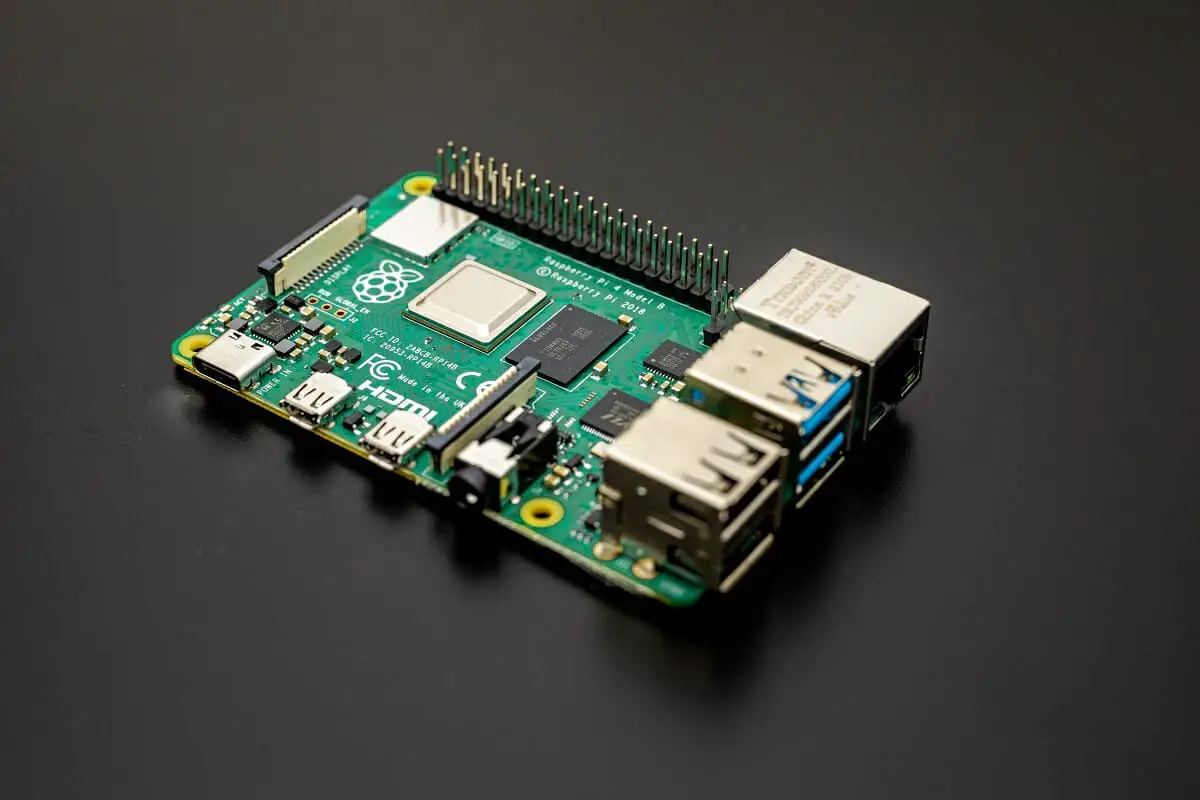It might seem crazy for some people to hear, but gaming is an art form that is in a tight spot right now.
Not, necessarily, that isn’t successful. Far from it.
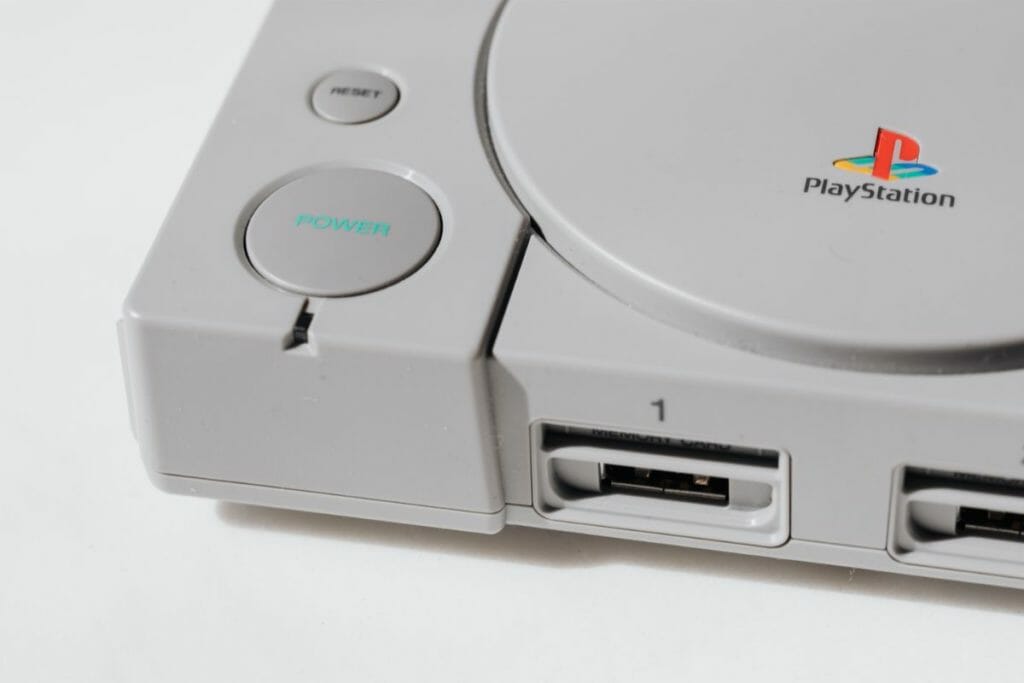
Since the 1970s, the gaming industry has gone on to become one of the most important rising forms of entertainment in the modern age, and only seems set to dominate even more in the coming decade.
Its future is secure. No, in our case, it is the past of this interactive medium that is in danger of being lost.
Being primarily a commercial product at first, the older games that helped cement this industry are slowly being lost to time, as games are not preserved in the same way that many other art forms are.
An issue that is only compounded by the loss of machines or consoles that can use or play them.
Not only does this mean that cultural artifacts of our very recent history are at risk of being lost forever, but it also deprives younger people of playing or seeing these lost games for themselves.
After all, gaming is an interactive form of art, and should be played or seen firsthand to be appreciated!
This is a problem that, as more and more consoles fall out of circulation and the public conscience, will only affect more and more console games over time.
Even the original PlayStation X is not free from meeting this fate.
However, as the world of emulation and streamlining computing takes off, it looks like it may still be possible for people to enjoy these older games, thanks to services like RetroPie.
What Is Emulation in Video Gaming?
But what exactly does emulation mean in the context of gaming? We mentioned it briefly in the last section, but if you are new to this topic, you may be a little confused at this point.
In short, emulation in gaming is a program or piece of hardware that can imitate a video game console or machine.
While they can come in physical hardware forms, most people will use video game emulators as downloadable software that they can use.
Users can download a particular type of emulator for a specific console, and, with the right downloaded ROM or ISO files of a game from that console, can play a retro game on without any need for the original console.
As you can imagine, this makes video game emulators a very helpful piece of software to have.
From a player’s perspective, they get to enjoy a classic retro game without needing to own an otherwise potentially expensive game and console that cannot be easily accessed.
And, from a preservationist or archivist’s perspective, it allows people to still have access to this cultural artifact that may have otherwise been lost.
RELATED: Can A Raspberry Pi 4 Run Minecraft?
What Is RetroPie?
So, before we get into the nitty-gritty details on how to play these older games, we should explain what RetroPie is in the first place.
In short, RetroPie is an online software library that is used for emulating classic retro games.
More specifically, it helps turn Raspberry Pi computers into retro consoles that can play older games.
What Are Raspberry Pis?
A Raspberry Pi is a model of computer that is primarily used as a simple computer.
These simple pieces of computing hardware can be connected to a PC monitor or TV screen, and a keyboard and mouse, effectively making it very easy to turn any screen into a computer setup.
While they were originally conceived and created as a way to help show people, especially younger children, the basics of computer engineering, and to get people more interested in the field, they have found plenty of use outside this educational field.
One of the most popular uses for Raspberry Pi computers is as miniature emulation machines, especially through a service such as RetroPie.
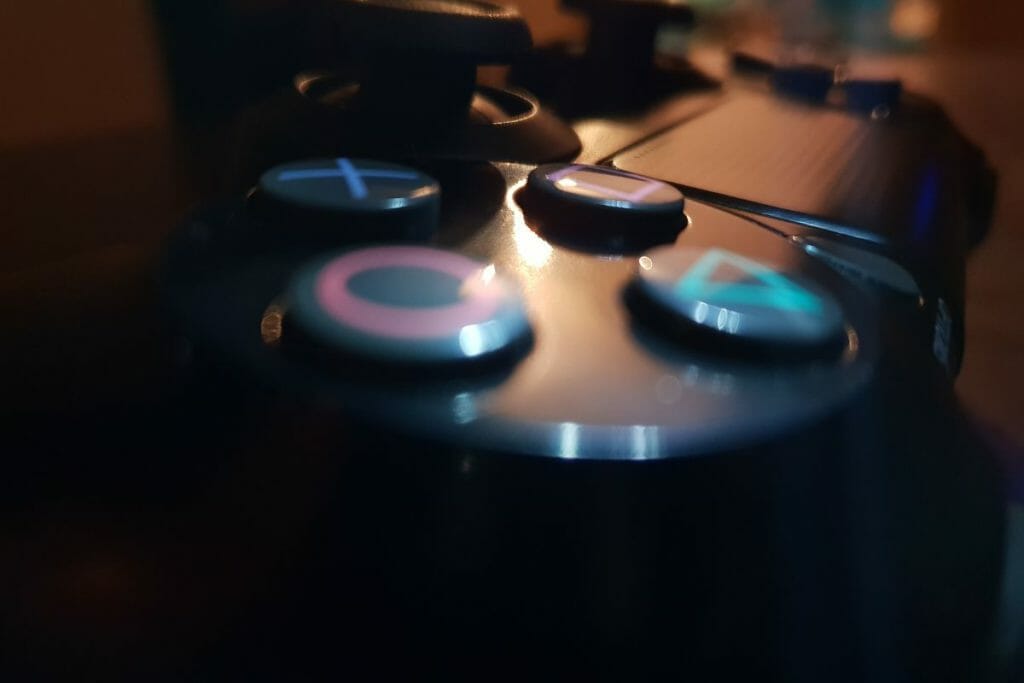
Can PlayStation 1 Be Played Through RetroPie?
So, with all this ground covered, is it possible to use RetroPie to emulate and play games that we originally released for the PlayStation 1 (also known as the PS1 or PSX)?
In short, yes, it is possible!
While the jump in technology between the fourth and fifth generation of consoles, where many games started going from being presented in 2d, to being played in 3d, is vast, computer engineering today means that it is now possible to emulate these old, yet still complicated consoles, in other computers.
Newer Pi models can even stretch to allow emulation for more demanding consoles such as the Nintendo 64, Playstation 2 & Gamecube (although the Gamecube currently struggles a bit and can’t be used with Retropie!)
How To Play PS1 Games Through RetroPie
So, we know that you can now play PlayStation 1 games with RetroPie.
Now, all we need to do is explain how you can do that for yourself!
Installing An Emulator
This is a crucial step that you will need to take.
As RetroPie does not come with a PS1 emulator as standard when downloading it to a Raspberry Pi, you’re going to have to find an emulator yourself.
The main options you will have access to are:
- Ir-beetle-psx
- PCSX-ReARMed
- Ir-pcsx-rearmed
The last option may be included in the latest RetroPie update, but the other two are not, so make sure that you know what version of RetroPie you are downloading.
Installing RetroPie
On the subject of RetroPie, you’ll also need to install this library software to download your PSX games.
RetroPie has a dedicated website that you can go to from this link, where you can download the software to your PC of choice, whether it is your laptop or your Raspberry Pi.
Downloading Games
So, with RetroPie and an emulator of your choice downloaded, you can start to download games.
You’ll need to look for a site that has the appropriate ROM files that you’ll need to play your games of choice.
Sites such as Romsmania will be a great place to start.
Once you have downloaded these games, you can paste the newly downloaded files into your Raspberry Pi folder.
And you should be good to start!

Conclusion
So, while the steps can seem a little complicated at first, it is possible to play PS1 games with RetroPie.
- How To Uninstall Packages On Ubuntu - March 13, 2024
- How To Restart Ubuntu Using The Terminal - March 13, 2024
- What Is The Steam Deck | Experience Modern Handheld Gaming - March 12, 2024

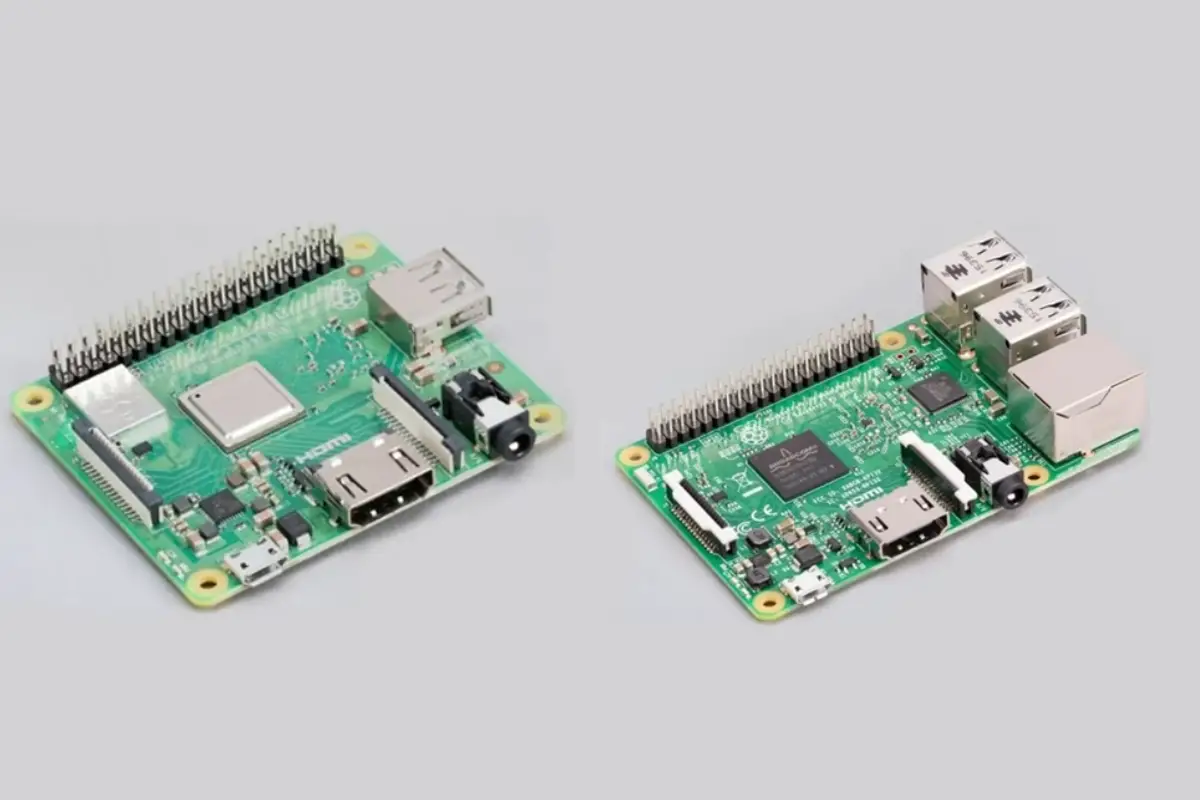

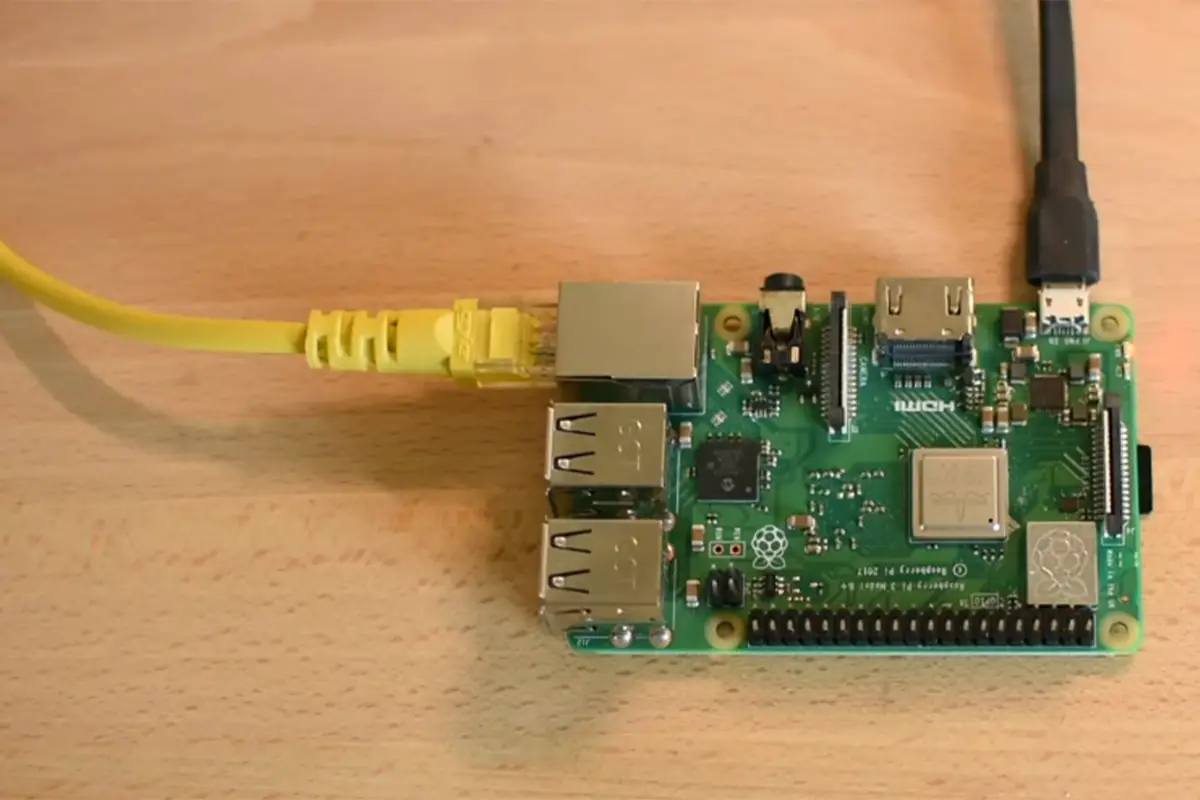


![Can You Run Roblox On A Raspberry Pi 400? Can You Run Roblox On A Raspberry Pi 400? [A Guide]](https://raspians.com/wp-content/uploads/2023/02/Can-You-Run-Roblox-On-A-Raspberry-Pi-400-A-Guide-150x150.jpg)
